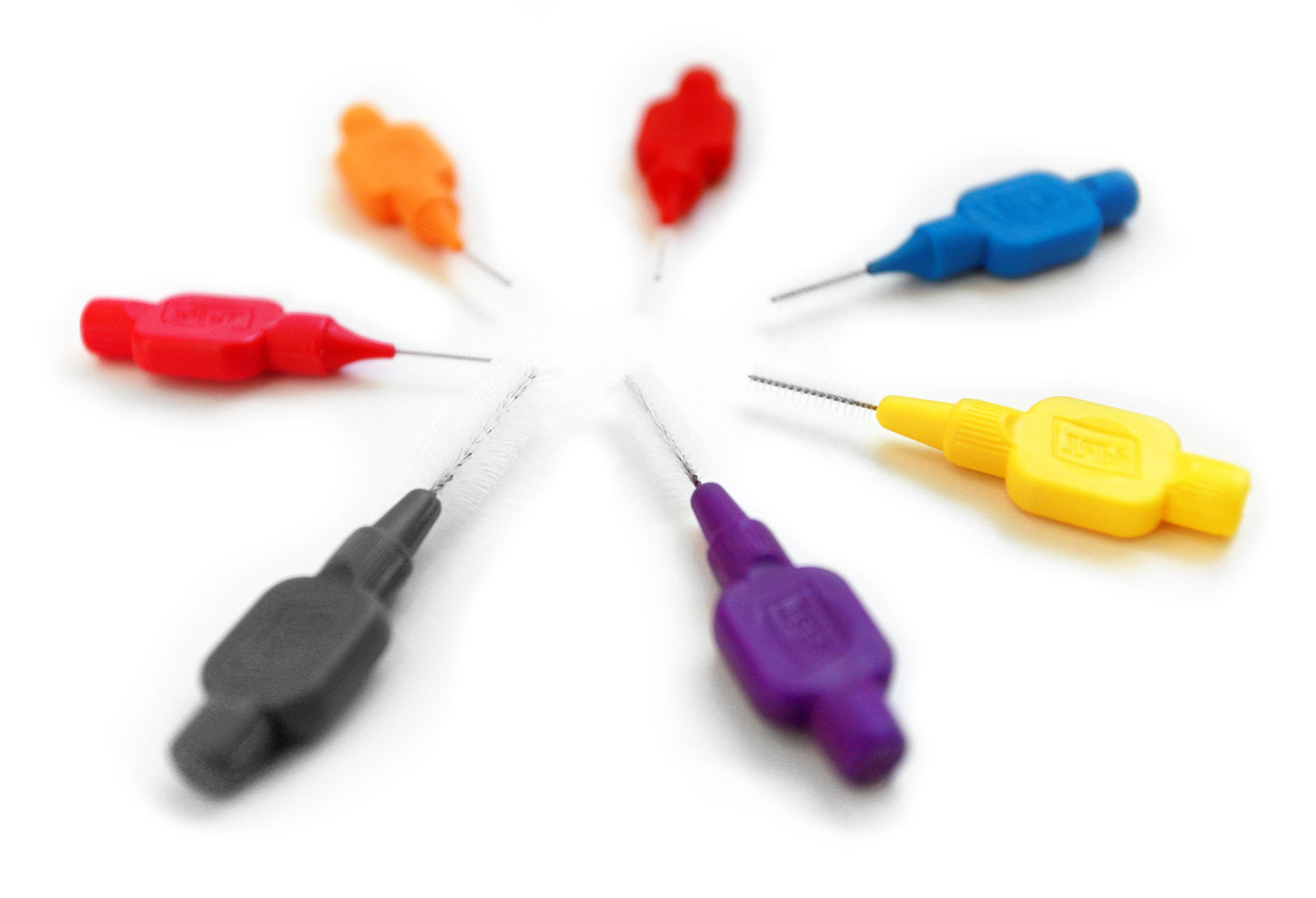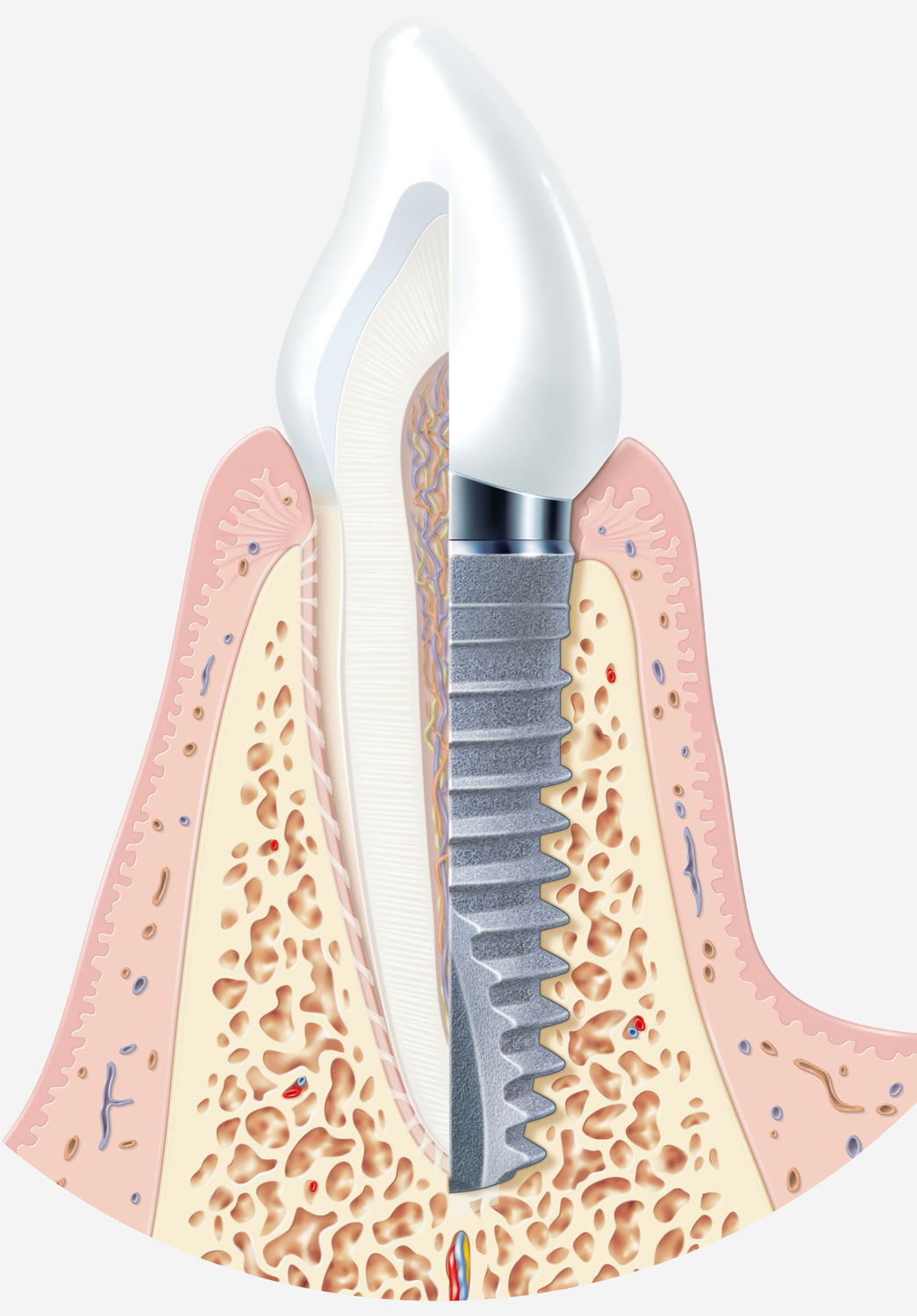General dentistry
Frequently Asked Questions
What does ‘general dentistry’ include?
At Cuckfield Dental Practice, we consider general dentistry to include regular examinations (monitoring teeth, gums and any signs of oral cancer) and general dental maintenance (e.g. fillings) to extractions and emergency treatment.
What is the difference between ‘general’ and ‘cosmetic’ dentistry?
Is a general anaesthetic ever used in dentistry today?
Hygienist
Our hygienists will give advice on what you should use to look after your oral health. They’ll offer dietary suggestions to help you keep your teeth healthier for longer (e.g. reduce your sugar intake). They’ll give your teeth a thorough, professional clean to access areas you find difficult to reach at home – often referred to as a ‘scale and polish’ – and they’ll continually assess your dental hygiene, both visually and through comparative measurements.
Your first hygienist appointment VIDEO (59 seconds)
You can get more information, or book an appointment, through our reception desk.
Frequently Asked Questions
What is a dental hygienist?
What does a hygienist do to your teeth?
Do hygienist treatments hurt?
Can the hygienist remove stains?
How often should you see a dental hygienist?
Do I need to see a dental hygienist?
Can you see a dental hygienist on the NHS?
What toothpaste do dental hygienists use?
Is the hygienist free if you’re pregnant?

Children’s Club
Here at Cuckfield Dental Practice, we have a unique children’s dental club. The aim of Children’s Club is to ensure that your child’s first experiences of dental care are thoroughly positive… and fun!
Through a variety of games and educational learning, and through involving you parents, we teach them how to brush correctly, look after their teeth and make healthy food choices, right from the start. Vitally too, by joining in at an early age and having fun, your children should grow up finding the environment of the dentist’s surgery a comfortable rather than a daunting one.
Children’s Club gives your children a really sound grounding in the all-important preventative measures that will give them the best possible start for a healthy dental future. Any children are welcome; the sessions are individual as opposed to group, and we adjust our content to accommodate an age diversity from teething babies to young teenagers by tailoring all appointments to your child’s particular needs.
Frequently Asked Questions
Do private dentists charge for children?
Are children free at the dentists on the NHS?
How do dentists fill children's teeth?
How often should children go to the dentist?
At what age should you take your child to the dentist?


Dental Implants
For the very best implant advice and treatment, we are delighted to be able to refer patients to our colleagues at The Implant Centre (Hove and Haywards Heath) – widely considered one of the finest specialist implant practices in the UK.
Endodontics
The root canal is the hollow within a tooth containing soft tissue, or pulp (blood vessels and nerve tissue), which can become infected through decay or injury. Left untreated, infected pulp tissue will result in the eventual loss of your tooth. As well as being very painful, it may also spread to the surrounding bone, causing an abscess to form. Successful Endodontic treatment will eliminate the pain and save your tooth – potentially for a lifetime.
Dr Agi Tarnowski and Dr Simon Quelch are both additionally trained and highly experienced in this field, and our investment in the latest equipment further facilitates these often complex treatments here. Indeed we accept endodontics referral patients from other local dental professionals and are proud to have been awarded an NHS contract for advanced restoration and endodontics.
This service is available to both self-referring patients and dentists wishing to refer their patients.
It is provided by Dr. Simon Quelch, who has undertaken further training in Endodontics and has a special interest in the field.
